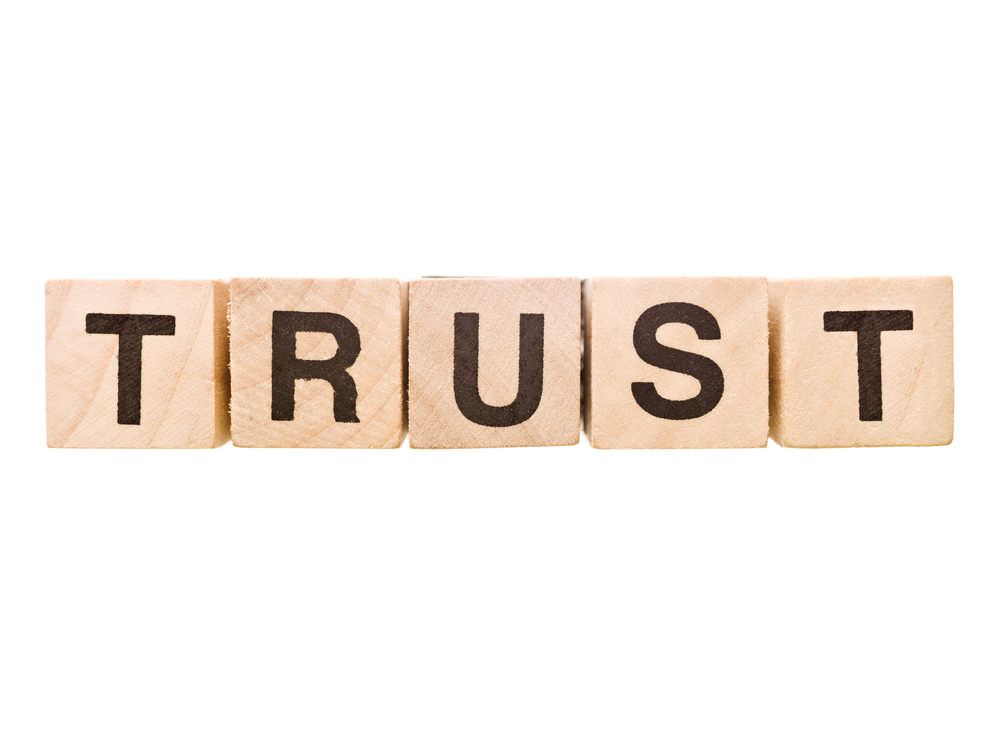
The term “marriage workshop” may conjure up images of couples on the brink of divorce making a last-ditch effort to save their broken relationship. The truth is, weekend workshops actually have the potential to help you at any stage.
Each is typically designed for a particular set of challenges, improving healthy and struggling marriages alike. In fact, here at the Delaware Relationship Center, we even offer guidance for those who aren’t currently in a committed relationship!
Do workshops really help?
I can safely say that in my 25 years of doing workshops, 75-80% of attendees benefited significantly from attending.
Here are the four typical stages of a relationship, and what opportunities a marriage workshop might provide...
STAGE 1: Looking for Love and Finding Yourself
For individuals either looking for love or working to find themselves, workshops often include a combination of lecture and imagery exercises that can help you delve deeper within and learn new skills in connecting with others.
Individual workshops actually cater to a wide variety of people, including:
- Singles
- Divorcees
- Widows and widowers
We believe there is always something to be learned from our history that will help us move toward nourishing and enduring love in our future.
STAGE 2: The Newly Betrothed
Brief lectures, exercises, lighthearted activities, and private time help you and your new fiancé deepen your thriving relationship’s foundation.
Premarital education, like an Imago Therapy-based workshop, can bolster your future marriage’s chances for success!
Addressing things like nourishing your relationship daily and developing the skills you need for “important” conversations helps prepare you for the inevitable challenges every couple faces together.
STAGE 3: Spicing Up the Long-Term Relationship
A huge part of us as individuals craves normalcy and routine, but there are parts of our lives - like our needs for intimacy and enjoyment - that require change and excitement.
If everything is going great in your relationship otherwise, the Delaware Relationship Center hosts an intensive two-day workshop strictly focusing on passion and intimacy issues.
It’s the kind of workshop designed to help you gain new insights into you and your partner’s intimacy styles, and what may be preventing you from feeling that intense “in-love” feeling that seems to have naturally waned over time.
STAGE 4: Breaking Down Barriers
No relationship is immune to its seasons. We are always individuals, and those who’ve committed to the long-haul understand this best. We choose to stay with our partners.
Even when we know how to weather a storm, problems can form if we aren’t equipped to actually recover. When we see couples at this stage, they know they love each other; they just need help figuring out where to go from here.
A marriage workshop designed with this in mind can teach you how to utilize your relationship for personal change and growth, and to restore empathy and stability in it.
Marriage workshops give couples and individuals a break from the stresses faced in everyday life. Carving out time away from the demands of your children, careers, and so on provides the opportunity to focus on just the two of you again.
Take a look at our upcoming workshops to learn more about how the Delaware Relationship Center can help improve your relationship.
And if you need to, feel free to reach out! We are always here to answer your questions.








